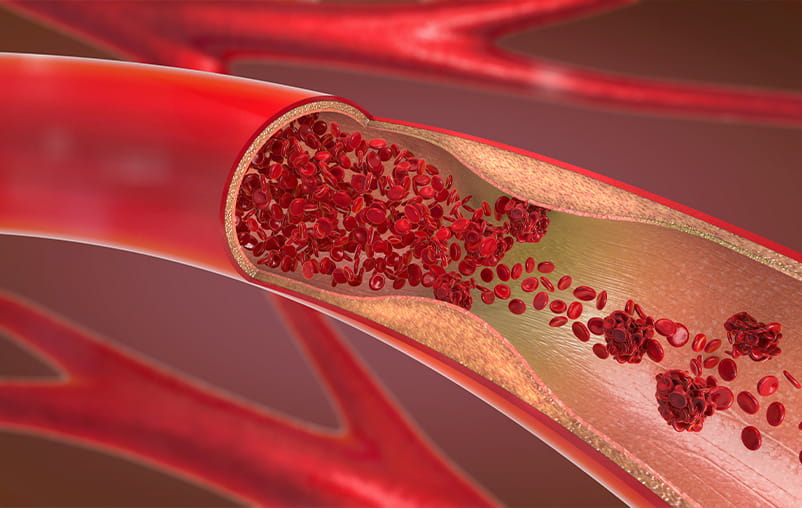Many people who receive a liver transplant can expect to live for an additional 20 years or more. In 2021, more than 9,200 Americans received a life-saving liver transplant.
For these patients, caring for their new liver is an essential part of staying healthy long term.
Doctors recommend:
- Taking medications called immunosuppressants to prevent organ rejection
- Maintaining a healthy lifestyle
- Avoiding alcohol and supplements
- Being aware of the increased risk of certain diseases
Dr. Eugenia Tsai is the medical director of University Health’s liver transplant program.
“In terms of challenges, medications generally do not become a lifelong issue, since we try to minimize immunosuppression in the long term,” Dr. Tsai said. “More often than not, after the first year, post-transplant management isn’t the biggest issue, but we are dealing with other issues such as fatty liver or cardiovascular disease.”
Taking Medication after Liver Transplant
The first six months to a year after transplant tend to be the toughest for patients.
Doctors will prescribe anti-rejection medications. These help ensure the body accepts the new liver. Other medications counter the risk of infection related to taking the anti-rejection medications.
“The most important thing that we emphasize to our patients is to take the medications that we prescribe exactly as instructed,” Dr. Tsai said. “We are always counseling our patients to ensure that they don't miss any doses, and that they immediately inform us if any new medications are recommended or prescribed by other doctors.”
Supplements to Avoid after Liver Transplant
Generally, the medication amount is reduced after the first year. However, patients should still take them as prescribed and be aware of possible interactions with over-the-counter drugs, supplements or foods.
For example, grapefruit affects how the body interacts with some immunosuppressant drugs. It can increase the medication levels to the point of toxicity.
Liver injury due to turmeric, an herbal supplement popular as a natural remedy for various health issues, appears to be increasing in the U.S.
“People don’t realize that many supplements, which claim to cleanse the liver, are actually toxic to the liver,” Dr. Tsai said. “The liver does not need any additional supplements. The liver just needs a healthy lifestyle that includes eating a well-balanced diet, avoiding alcohol and routine physical activity.”
Health Risks after Liver Transplant
The likelihood of developing certain diseases also increases after a liver transplant. This is usually a side effect of immunosuppressants. The risk of skin cancer is much higher after a transplant compared to that of the general population.
“For our patients, we recommend getting a full skin exam by a dermatologist every year,” Dr. Tsai said.
Reduce your risk for skin cancer by:
- Avoiding the sun
- Wearing long sleeves when able
- Using liberal amounts of sunblock
In addition, cardiovascular disease is the leading cause of death within the first year after transplant. Staying active and maintaining a healthy diet can support heart health for transplant patients.
Liver Transplant Care at University Health
Surgeons at University Health Transplant Institute have performed more than 6,000 transplants over the last 40 years. Their expertise and the dedication of our entire transplant team have earned us the recognition as the nation's top-ranked liver transplant institute.
The adult liver transplant program is a Tier 5 program for 1-Year Liver Survival, the highest rating. It was ranked the No. 1 liver transplant program in the U.S. in 2024, according to Interlink.
Learn more about the nationally recognized transplant care at University Health.





